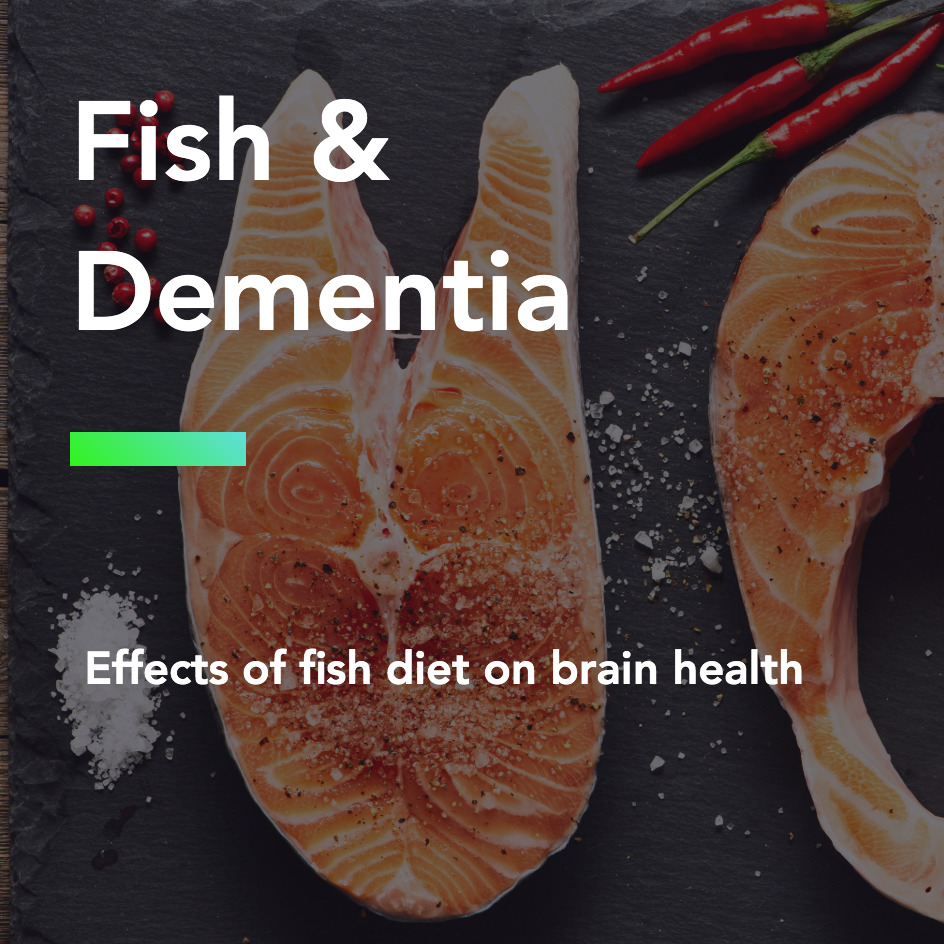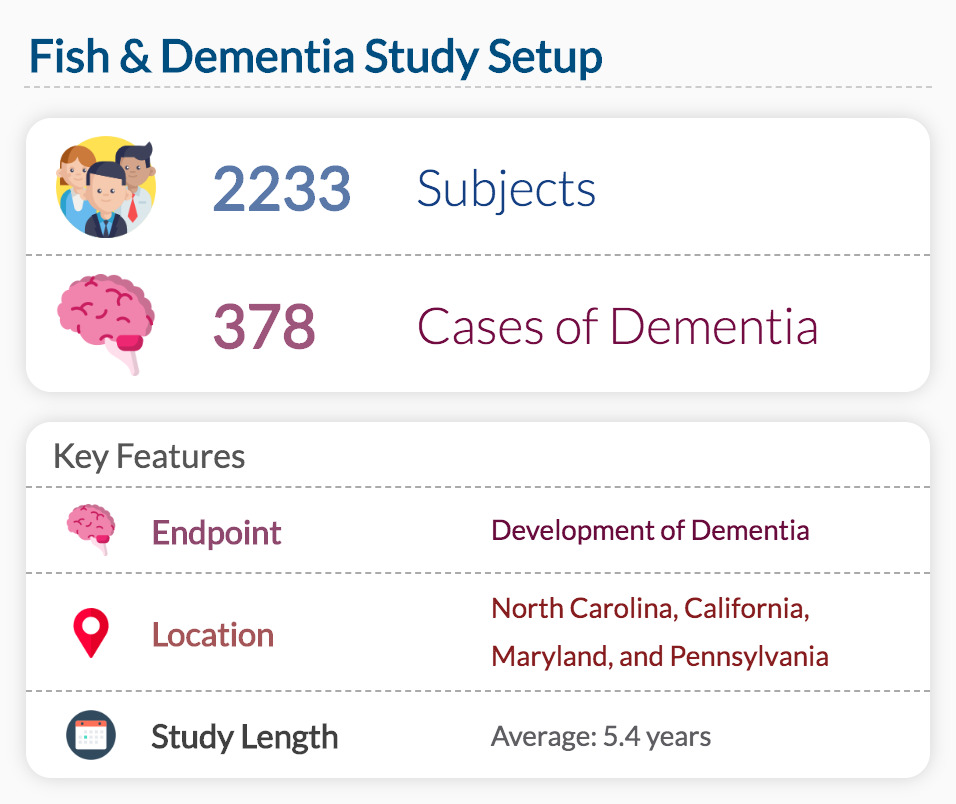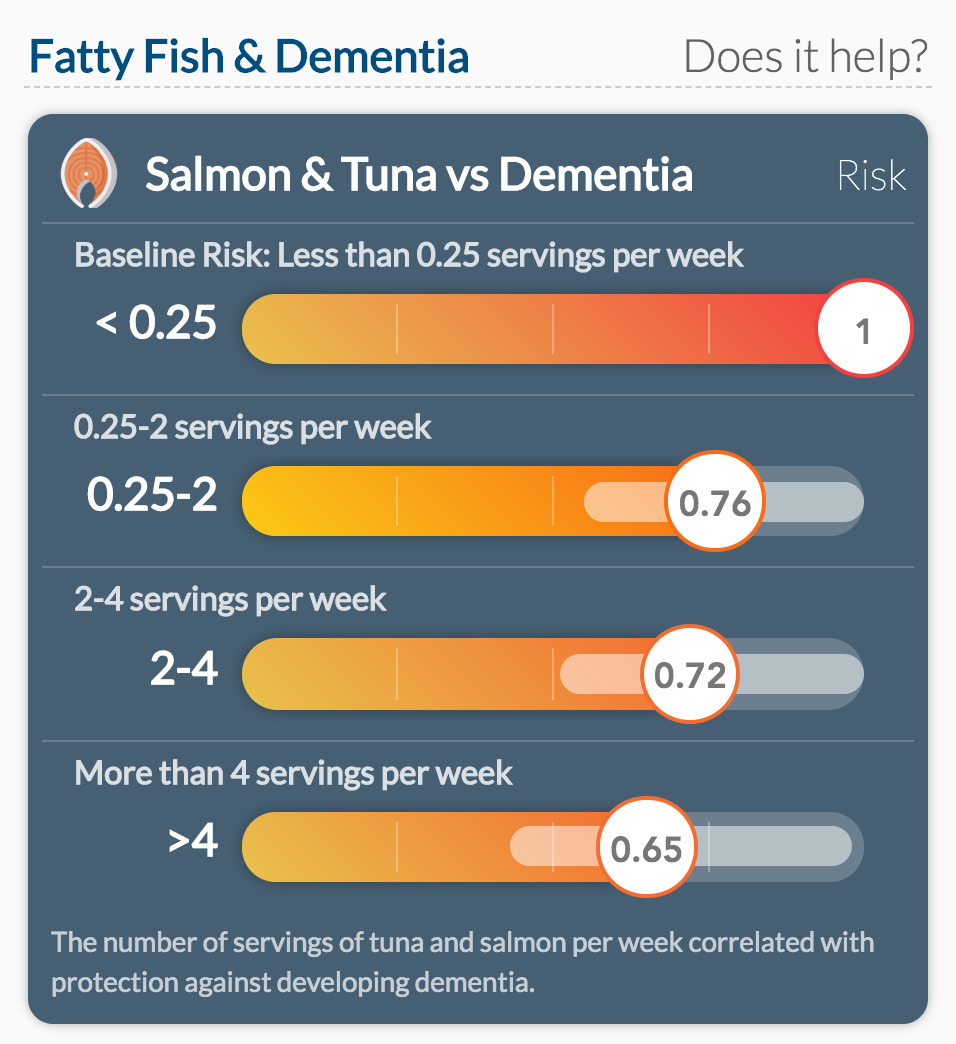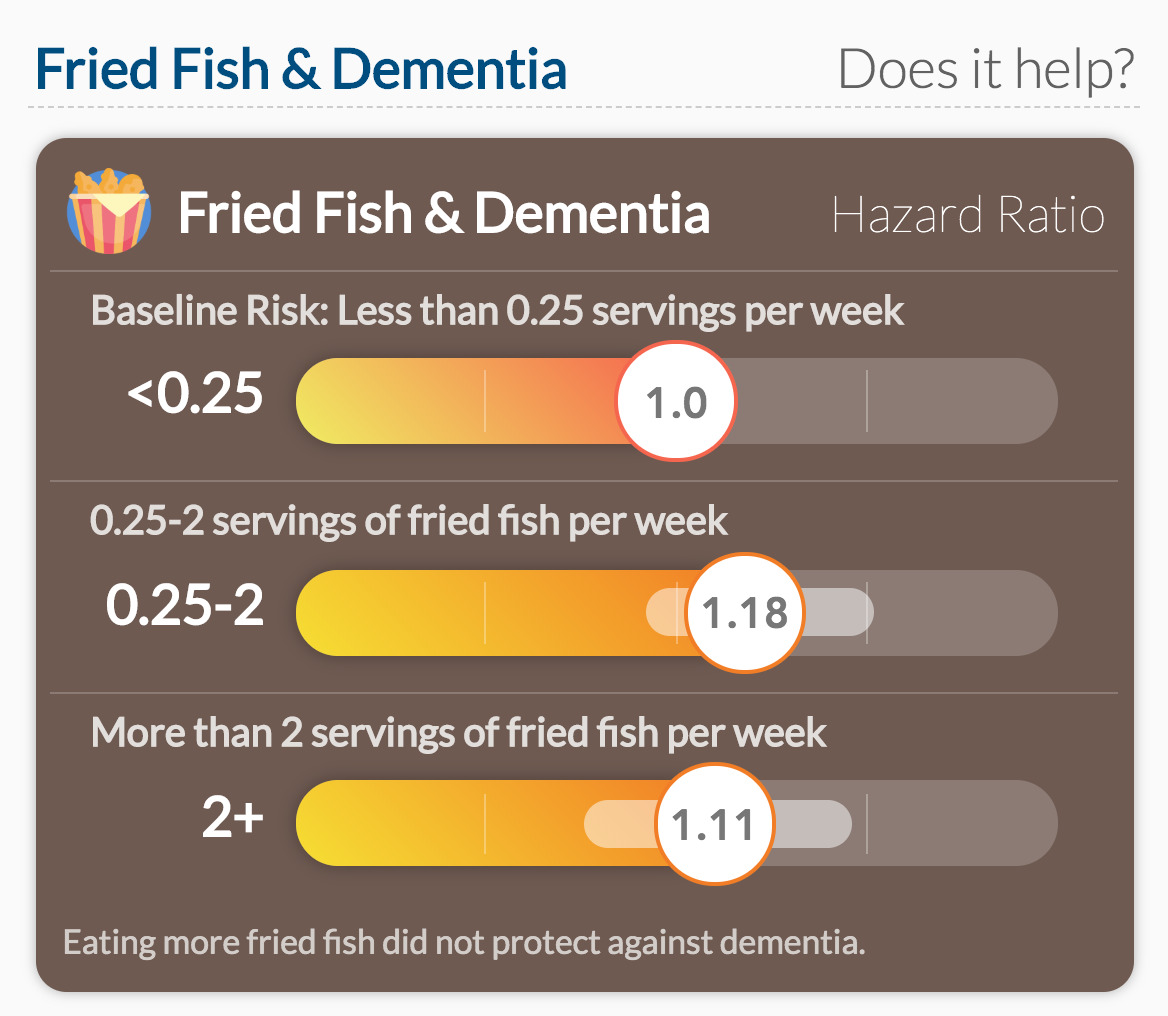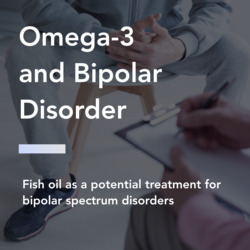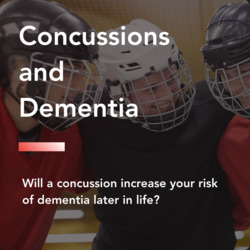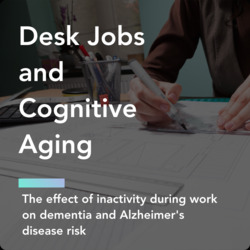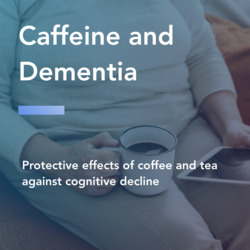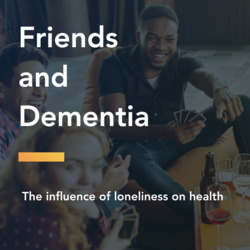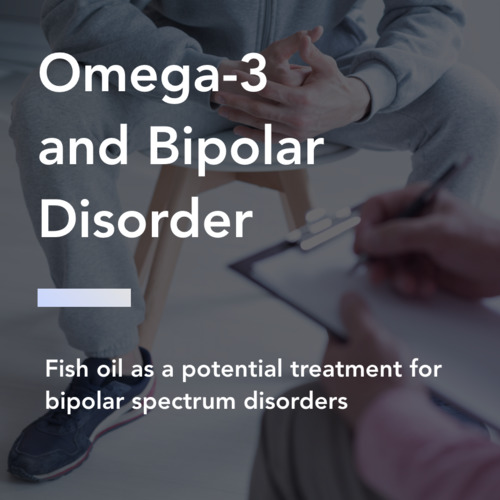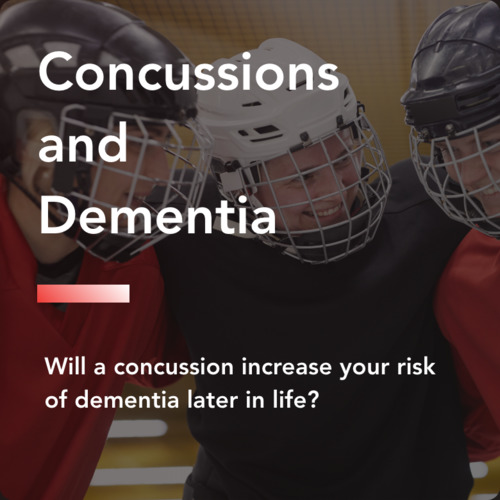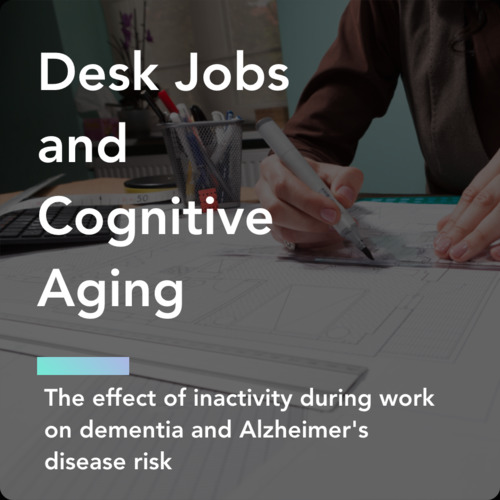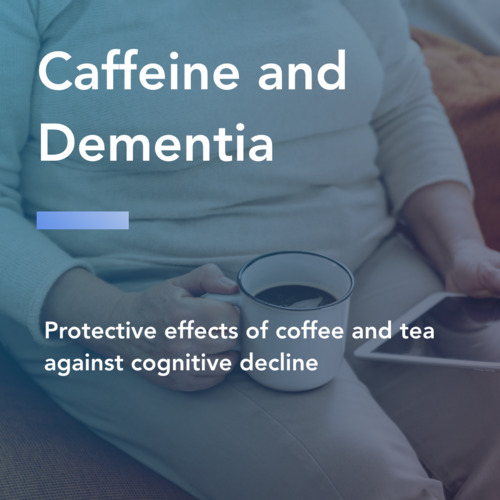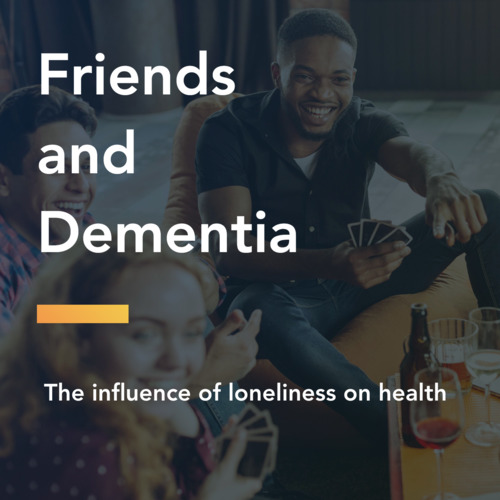We’re told that our ‘golden years’ will be full of relaxation- a reward for a life well-lived. However, old age comes with its own set of health concerns. Some diseases are influenced by our environment or behavior, while others may be genetic or seemingly random.
Luckily, scientists think dementia is associated with our own activities. Dementia is a condition that describes various symptoms of cognitive decline. Older adults who develop dementia struggle with memory, communication, and decision-making skills. Alzheimer’s Disease (AD) is categorized as a type of dementia.
CDC Dementia Information
Existing research outlines ways we can improve our brain health. It is important to look at the data to determine if our actions are known to be helpful. In this article, we will examine the association between fish consumption, dementia, and AD.
Study design
Researchers analyzed data from a large-scale, long-term study. They collected 2233 participants from four different counties across the United States. All participants were 56 years of age or older. Participants provided information about their diet, cognitive functioning, lifestyle, and overall health. They followed participants with an average of 5.4 years.
After reviewing all the data, they found that 16.9% of the subjects developed dementia, and 8.5% developed AD. The average participant consumed 0.65 servings of lean fish and 2.3 servings of fatty fish per week.
Source: Consumption of Fish and n-3 Fatty Acids and Risk of Incident Alzheimer Disease
Fatty Fish
Fatty fish is often seared in a pan: think salmon or tuna. It can be cooked through or eaten raw. Consumption of fatty fish at least four times per week was initially associated with protection against dementia and AD.
At first, they found this association to be significant. However, it became weaker when they considered other factors. The researchers found that education and income had a significant effect on the association.
Fried Fish & Lean fish
Lean fish is the type of fish you fry with: think fish’n’chips. There was no significant difference in the risk of dementia or AD with greater servings per week of lean fish.
Interpretation
Eating fatting fish was originally associated with a lower risk of developing dementia and AD. When we looked closer at the data, we saw that the association lost its significance after considering education and income.
Education and income may impact one’s exposure to fatty fish. Fatty fish is more expensive and less widely available than lean or fried fish. A two-pound chunk of fresh salmon costs more than the McDonald’s Filet-O-Fish sandwich.
Additional factors could play a significant role in the risk of dementia, such as other dietary habits, physical exercise, or access to medical care.
This is a problem we often see in these kinds of studies. There is no control over what, how, or when questions are administered because the data is taken from existing surveys. The data was originally collected to measure risk factors associated with heart disease and cancer. In cases like this, all the data collected secondarily is considered less reliable because the study was designed for a different purpose.
We can play a role in reducing our own risk of dementia and other neurological diseases. Our primary care doctors tell us to eat well, sleep well, and stay physically active in order to lower our risk of serious medical conditions later in life.
